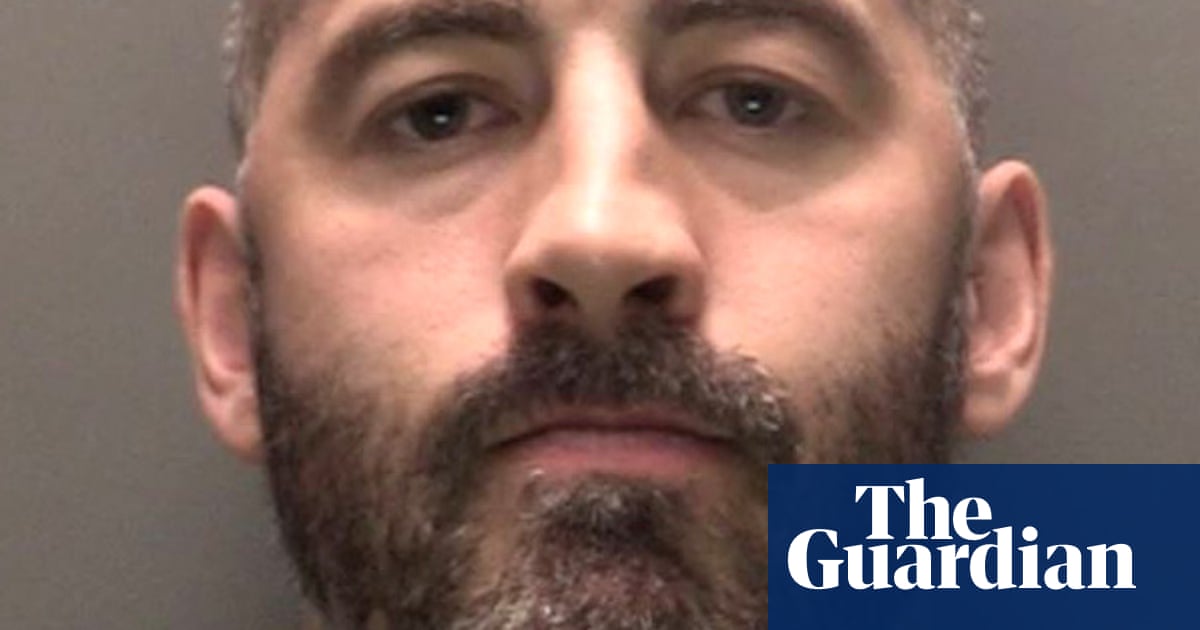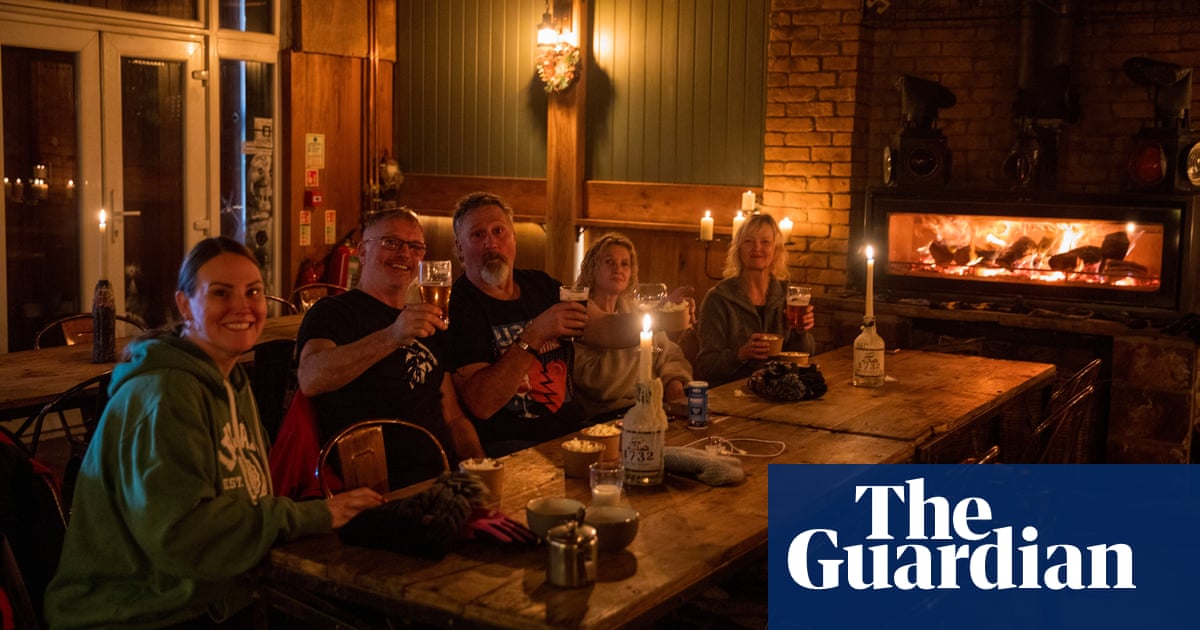The Blur drummer, Dave Rowntree, has attacked the UK law on assisted dying as “psychopathic” as he spoke out for the first time about the choice of his terminally ill ex-wife to take her own life at Dignitas in Switzerland.
Rowntree said that the choice facing dying people who are facing extreme suffering was “brutal” and the criminalisation of assisted dying made him “bloody angry” as he called for a change in the law to allow adults with months to live to be allowed help to take their own lives.
Rowntree, 60, was married to Paola Marra in the 1990s after meeting her on the music scene in Camden. He supported her before she flew alone to Zurich in March this year after she was diagnosed with terminal bowel cancer. After several rounds of arduous treatment and surgeries she concluded she did not want to face an uncertain and probably painful death, made worse as she was allergic to powerful painkillers.
He said he used the word “psychopathic” advisedly as the current law shows “absolutely no empathy for the sufferer”.
Rowntree joins calls for a law change in the run-up to next month’s publication of a bill proposing legalisation of assisted dying in England and Wales under strict controls. Public opinion consistently supports the UK joining Australia, New Zealand and several US states in allowing the practice for terminally ill adults. But some MPs are worried that the complex issue is being rushed and instead want a commission on palliative care.

In calling for reform, Rowntree follows the broadcaster Esther Rantzen, who is terminally ill, and Jonathan Dimbleby, the broadcaster, writer and friend of King Charles. Others, including the former high court judge Sir Nicholas Mostyn, who has Parkinson’s disease, and the daughter of the late Tony Nicklinson, a paralysed stroke victim, want a law to be drawn up to include people facing intolerable suffering, but that looks unlikely.
In an at times emotional interview, Rowntree, who also lost his father, John, to bowel cancer this year, said of the legal status quo: “It is the system washing its hands of difficult problems in a way that I can’t stomach.
“That’s the whole point of the state. The state can declare war … And if the state isn’t going to take these kind of difficult decisions, what the fuck is the point in having the state? This is psychopathic, where we are now, because the whole point of this [should be] to try to make things easier for the real victim in this – the terminally ill person.”
Rowntree said he initially tried to persuade Marra not to go to Switzerland, hoping her death could be made more comfortable at home in London. He offered to accompany her to Zurich, despite the possibility he could be prosecuted for assisting suicide under current laws. She declined, but once in Switzerland, she called and asked him to come after all.
after newsletter promotion
Rowntree said she told him: “I don’t know if I can do this on my own.” He started searching for flights but she changed her mind, called him back and died alone the next morning. She had urged Rowntree to support a law change.
Care Not Killing, a campaign group opposed to assisted dying, have called the proposed law “state-sanctioned killing”. But Rowntree, who trained as a lawyer and practised for five years, and now writes film and TV music and plays with Blur, said the proposed bill would only allow people access to help to take their own lives.
“I certainly wouldn’t support any bill that allows anyone to kill anyone else,” he said.
He said the current law made any terminally ill person who wanted control over their own deaths a “pariah”.
“If you’re considering taking your own life, you are to do it isolated and alone, and anyone that is even suspected of helping in any material way can be arrested [and] you can get 14 years in jail. It’s utterly brutal for the ill person because anyone they tell is potentially at risk of arrest, so they have to creep around like a criminal. Not only that, but when the time comes, if they do decide to die with dignity and end their life at a time of their choosing, and in a way of their choosing, they have to do it unsupported by anyone, on their own, not able to hold anyone’s hand, not able to hug somebody and say goodbye.”

.png) 2 months ago
17
2 months ago
17













































